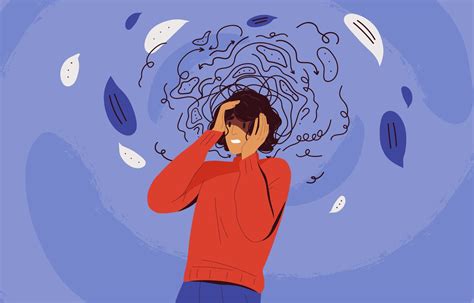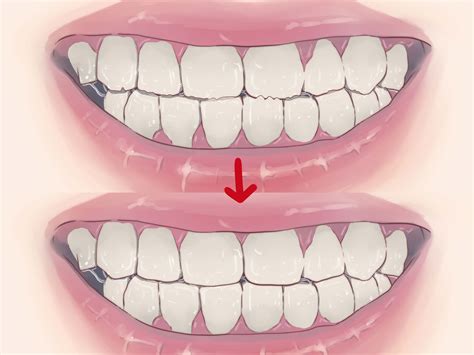Anxiety is a normal reaction to stress. It can help us to stay safe and to avoid danger. However, when anxiety becomes excessive or persistent, it can become a problem.

There are many different causes of anxiety. Some of the most common include:
- Genetics: Anxiety can be inherited. If you have a family history of anxiety, you are more likely to develop it yourself.
- Personality: People who are shy, introverted, or perfectionistic are more likely to experience anxiety.
- Life experiences: Traumatic events, such as abuse or neglect, can increase your risk of developing anxiety.
- Physical health: Certain medical conditions, such as thyroid problems or heart disease, can cause anxiety.
- Mental health conditions: Anxiety can be a symptom of other mental health conditions, such as depression or obsessive-compulsive disorder.
Symptoms of anxiety can vary from person to person. Some of the most common symptoms include:
-
Physical symptoms:
- Racing heart
- Sweating
- Shaking
- Shortness of breath
- Nausea
- Dizziness
- Insomnia
-
Cognitive symptoms:
- Racing thoughts
- Difficulty concentrating
- Memory problems
- 担心
- Fear
- Irritability
-
Behavioral symptoms:
- Avoiding situations that trigger anxiety
- Checking things repeatedly
- Reassurance seeking
Anxiety can have a significant impact on your life. It can make it difficult to work, go to school, or socialize. It can also lead to physical health problems, such as headaches, stomach aches, and fatigue.
If you are experiencing anxiety, it is important to seek help. Treatment for anxiety can include therapy, medication, and self-help strategies.
Therapy can help you to identify the triggers of your anxiety and to develop coping mechanisms. Medication can also be helpful in reducing anxiety symptoms. Self-help strategies, such as exercise, relaxation techniques, and healthy eating, can also help to manage anxiety.
















